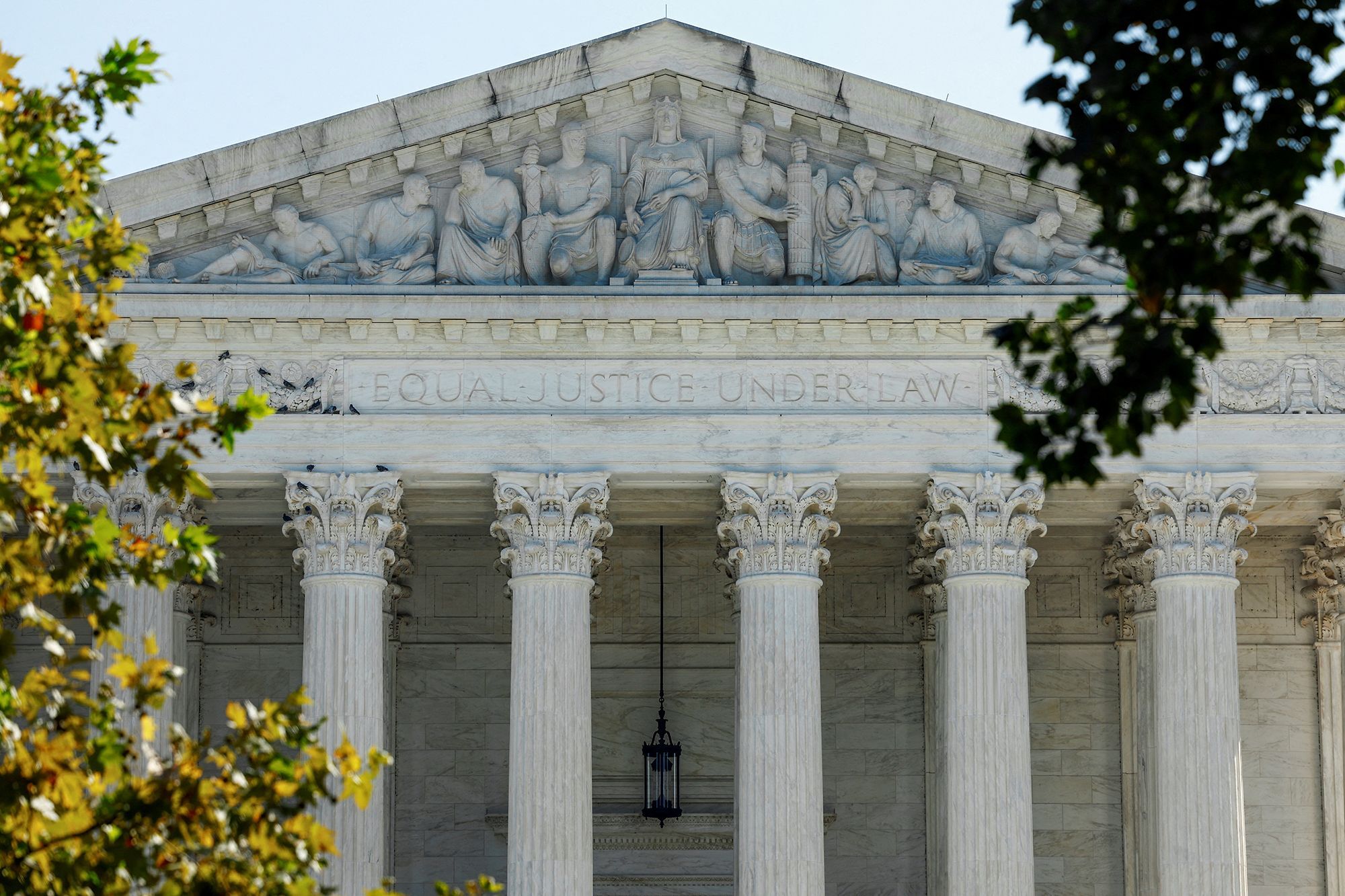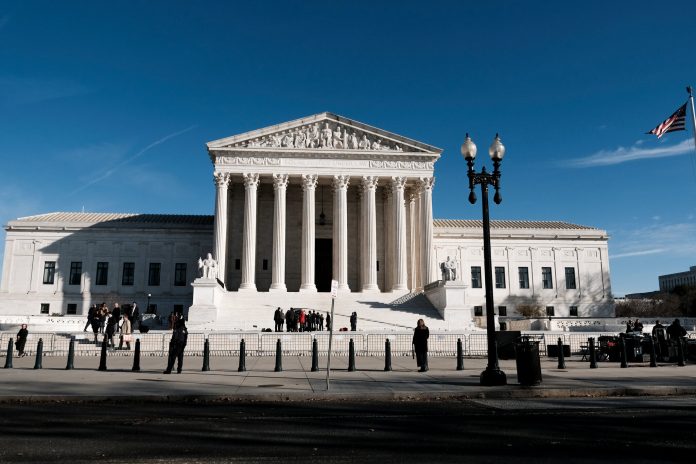On Monday, the Supreme Court delivered a pivotal ruling affirming that social media companies’ content moderation practices are protected under the First Amendment. This decision emerged from legal disputes involving NetChoice, representing major social media platforms, against Texas and Florida.
These states sought to enforce laws prohibiting platforms from restricting content based on its nature, arguing that such actions infringe upon free speech rights.
Texas and Florida contended that social media platforms, akin to traditional communication mediums like telephone services, should not censor content, particularly on contentious topics such as elections and public health.
They argued that by imposing content rules, platforms effectively decide who can express themselves, a violation of citizens’ First Amendment rights.
In response, social media companies asserted their platforms are private entities, not public forums, and therefore have the right to set and enforce content guidelines without government interference. They maintained that their moderation policies are protected under the First Amendment, safeguarding their editorial discretion.

The legal saga unfolded across different circuit courts. The 11th U.S. Circuit Court of Appeals supported a lower court’s decision, ruling Florida’s law unconstitutional.
Conversely, the 5th U.S. Circuit Court of Appeals overturned a lower court’s ruling against Texas law, arguing that the issue was not about the platform’s speech but rather its algorithmic operations.
On July 1, 2024, the Supreme Court remanded both cases, Moody v. NetChoice and NetChoice v. Paxton, back to their respective circuit courts.
The Court criticized the broad scope of the states’ definitions of social media platforms, expressing concerns that such definitions could extend regulation beyond social media to affect platforms like Gmail and Venmo. Moreover, the Supreme Court emphasized the need for lower courts to thoroughly analyze constitutional implications before proceeding further.
The ruling drew varied reactions. Texas Attorney General Ken Paxton expressed disappointment, vowing to continue advocating for laws protecting Texans’ voices against what he termed “Big Tech oligarchs.”
Meanwhile, similar legal challenges by other states and social media users against the U.S. government underscored ongoing debates over free speech and platform regulation.
As these cases continue to evolve, it is clear that the intersection of digital communication platforms and constitutional rights remains a contentious and evolving legal landscape. Future developments will likely shape the boundaries of free speech in the digital age, making these cases pivotal for the future of online expression and regulation.


